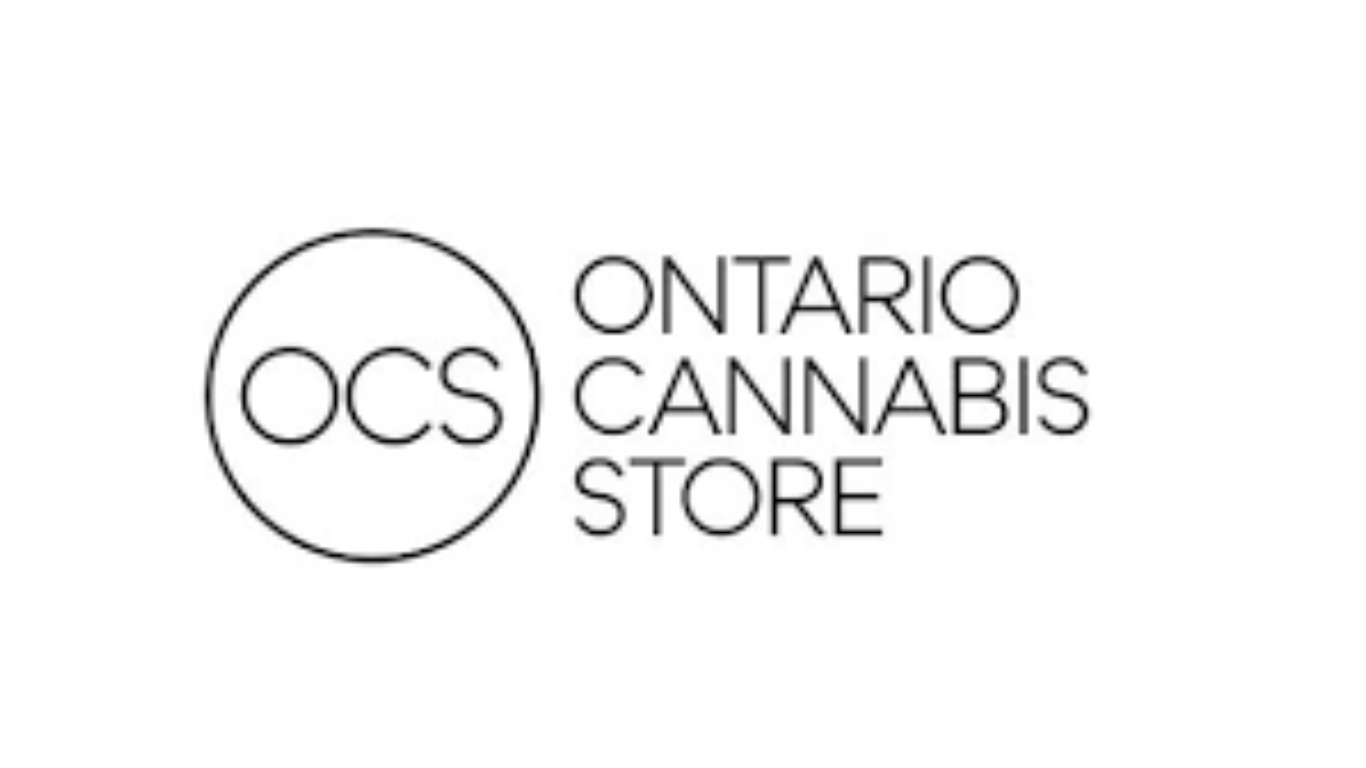
This week the Ontario Cannabis Store announced that they will be eliminating their requirement for product recall liability insurance and increasing their commercial general liability insurance.
Producers and insurance providers say this is a step forward in terms of lowering the cost of entry into the Ontario market.
As of November 17, the provincial agency is eliminating the requirement for product recall insurance, as long as producers can show they have increased their commercial general liability insurance requirement from $5M to $15M per occurrence.
The OCS notes these changes are due to producer feedback concerned with the impact of the high rate of recall insurance, especially for smaller producers seeking to sell into Ontario.
…there are a lot of producers who have been holding back from entering Ontario because of that cost. Now producers will be able to access another market.
Kieley Beaudry, lberta Cannabis Micro Licence Association
The previous rate for recall insurance required by the OCS was $15 million, which translated to a $50,000 annual fee for any producer to be an approved OCS vendor. As a comparison, British Columbia requires $10 million for both recall and general liability, and some provinces have no such requirements.
These kinds of insurance requirements have been a barrier to some producers—especially for smaller producers—even entering into some provincial markets. The Alberta Micro Licensing Association (ACMLA) has been calling for changes in Alberta and other provinces.
In Alberta, Alberta Gaming, Liquor & Cannabis (AGLC) does not require that micros have recall insurance, unlike Ontario, which previously had seed recall coverage at $10 million, and all other insurance at $15 million.
“It’s a move in the right direction. It removed this barrier for all producers,” says Kieley Beaudry, President of the ACMLA. “The costs are enormous and there are a lot of producers who have been holding back from entering Ontario because of that cost. Now producers will be able to access another market in the space.”
A $15 million recall policy can end up costing a producer $100,000 or more a year, she notes.
James Clay, the CEO at J.T. Insurance Services, which provides insurance solutions for companies operating in the cannabis space in Canada, points out that Alberta has recently shifted their own requirements and thinks Ontario may have come to the same conclusions about limited risk due to recalls.
Although recalls for cannabis products are not uncommon, Clay points out that most recalls are for issues like labelling errors, rather than issues where there’s been any significant risk to the public.
“I think probably Ontario has reached the same decision as Alberta in that this is a significant problem and they didn’t think that maybe the fifteen million dollar product limit aligned with what the actual risk was.I think Ontario is trying to help the insurers.”
Clay also points out that the issue isn’t just the cost to producers, but also the costs for insurers. Because not all insurers are able to take on that level of risk, the pool of possible insurers Canadian cannabis companies can work with can be limited.
“Perhaps they have data in Ontario that suggests that…as long as they get the commercial liability up to $15 million, that’s the better option and more insurers will be able to provide the coverage. I think that’s probably the big issue that’s driving this: that (producers) are struggling to get (insurance).”
Although the commercial general liability increases from $5 million to $15 million, Clay says this is still likely less expensive for most producers, noting it would no longer be a single flat rate like recall insurance, but based on the specifics of the company and their products.
Gord Nichol, owner of North 40 Cannabis, a producer based in Saskatchewan, says the high insurance recall requirement in Ontario was one of the things that have kept him out of that market up until now.
“To me it looks like a win,” says Nichol. It might even mean I can come into Ontario.”
The OCS notes that existing producers can opt into these new insurance requirements by emailing their office no later than January 16, 2023. Producers that do not opt in to the new requirements will continue to follow the current insurance coverage requirements under their MSA. All MSA renewals will include the new insurance requirements.











